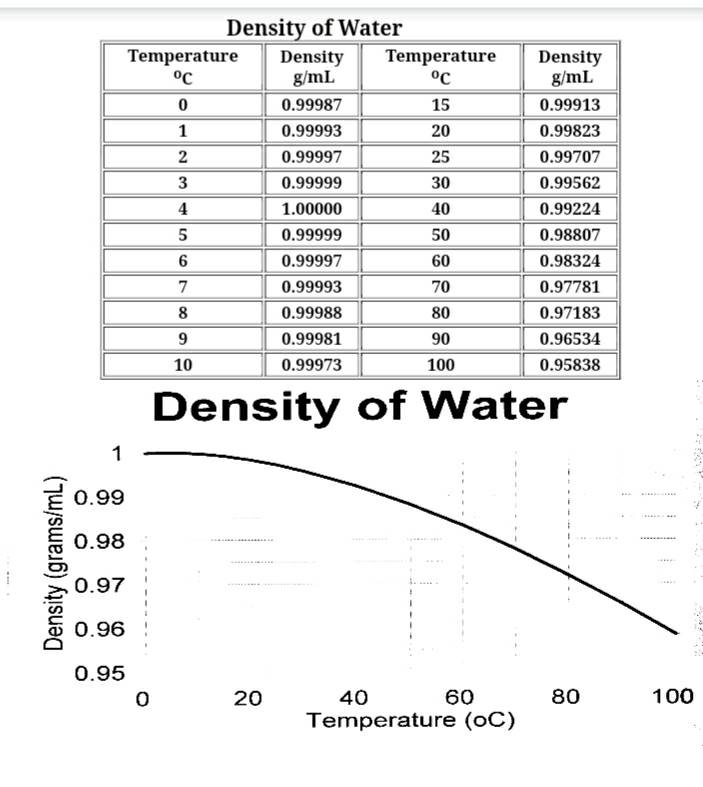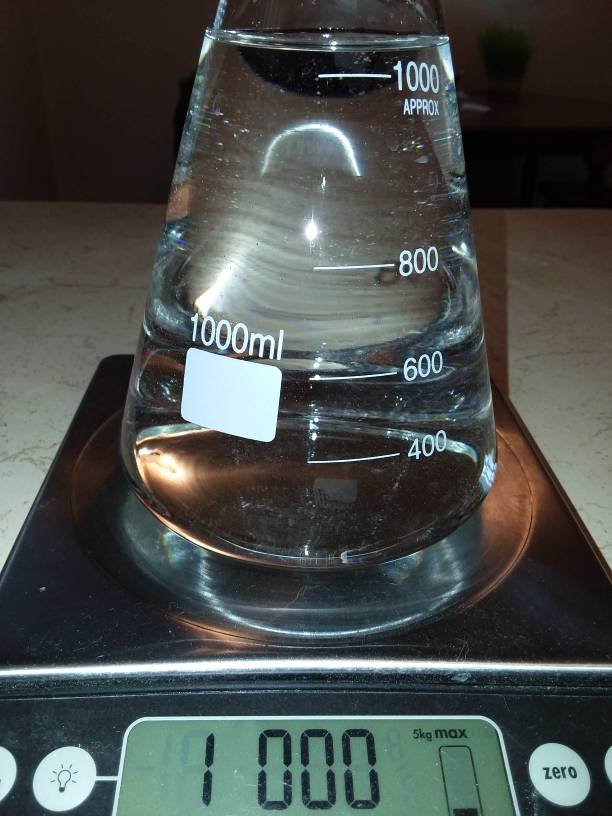homebrewer_99
Well-Known Member
- Joined
- Feb 1, 2005
- Messages
- 19,581
- Reaction score
- 1,217
- Location
- I-80, Exit 27 (near the Quad Cities)
OK, it's Sunday and I got bored...
Long story short, I added water (using a 1/2 g measuring cup) and poured it into my buckets to verify volume levels pre-printed on the pails.
These NEW lines WILL BE transferred to my pails. Repeating this process for your pails may be something to think about.
Here are the results: Lines on tape are the measurements I got.
Pail 1: Frosting bucket from WalMart bakery.
Pail 2: Brewersbestkit pail.
Pail 3: Generic "Ail Pail".

Long story short, I added water (using a 1/2 g measuring cup) and poured it into my buckets to verify volume levels pre-printed on the pails.
These NEW lines WILL BE transferred to my pails. Repeating this process for your pails may be something to think about.
Here are the results: Lines on tape are the measurements I got.
Pail 1: Frosting bucket from WalMart bakery.
Pail 2: Brewersbestkit pail.
Pail 3: Generic "Ail Pail".





